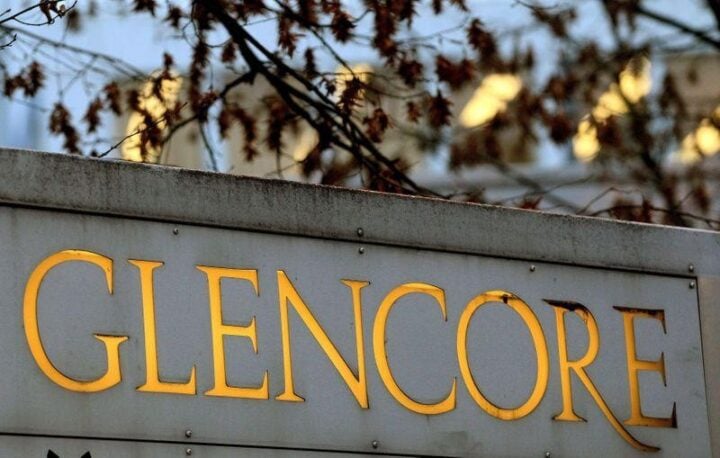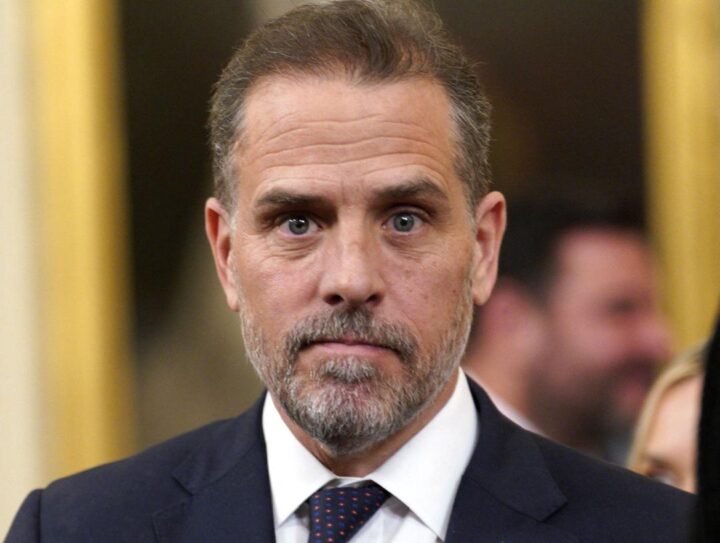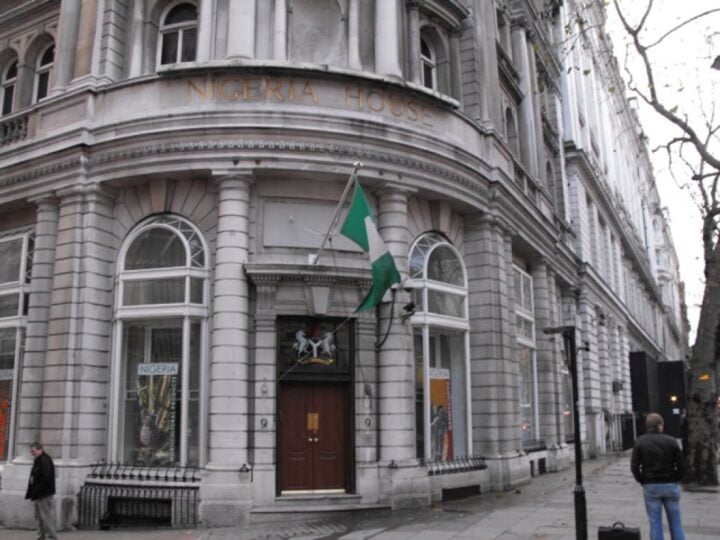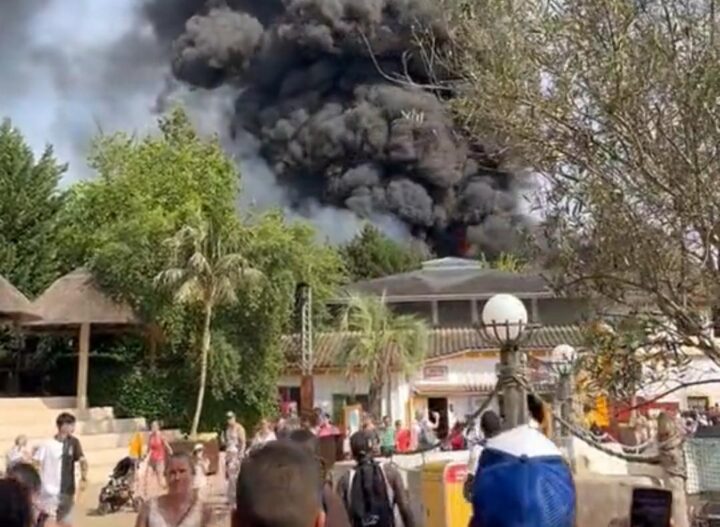The African Union high-level panel on illicit financial flows (AU HLP on IFF) has asked affected African states of the Glencore scandal to initiate judicial actions.
The panel made the request at the end of a two-day conference in Senegal on addressing illicit financial flows and asset recovery in the extractive industries.
THE GLENCORE SCANDAL
In May 2022, the United States department of justice said Glencore, a British mining and trading group, and its United Kingdom subsidiaries entered into multiple agreements to purchase crude oil and refined petroleum products from the Nigerian National Petroleum Corporation (NNPC) through shady deals.
Advertisement
The department said in Nigeria alone, Glencore and its subsidiaries paid more than $52 million to the intermediaries, intending that those funds be used, at least in part, to pay bribes to Nigerian officials.
In November 2022, a London court ordered Glencore to pay a $310.6 million (£276.4 million) penalty for seven bribery offences in relation to its oil operations in Africa.
Glencore had pleaded guilty to five counts of bribery in relation to a total of $26.9 million, which were paid “primarily to officials in state-owned oil companies” in Cameroon, Ivory Coast and Nigeria.
Advertisement
The trading group also admitted to two charges of failing to prevent bribery over payments of approximately $1 million to agents in Equatorial Guinea and South Sudan, to secure “valuable oil contracts”.
When Nigeria tried to claim compensation from the British mining and trading group, a UK judge ruled that the nation did not have the right to be heard.
AU PANEL TO AFFECTED AFRICAN COUNTRIES: USE NECESSARY RESOURCES TO BEGIN JUDICIAL ACTION
In a statement issued on Tuesday, the AU high-level panel asked the Extractive Industries Transparency Initiative (EITI) to publicly call out Glencore for its failure to adhere to its values.
Advertisement
In an 11-recommendation communique, the conference described the Glencore corruption scandal as a symptom of widespread and deliberate corruption in the extractive industries in Africa.
“The conference calls upon the African Union and the governments of the six African victim states to draw upon all the necessary resources for joint and separate judicial action against Glencore and its accomplices,” the statement reads.
“The conference calls upon Transparency International and its partners, Publish What You Pay, and related advocacy Civil Society Organisations to actively engage and support action against Glencore on these six cases.
“The conference calls upon EITI to publicly call out Glencore and demand that it publicly demonstrates fidelity to the principles and values that EITI stands for.”
Advertisement
According to the statement, extractive industries mostly contribute to illicit financial flows through various means including through under-declaration, underpricing and the evasion of capital controls.
Multinational corporations in extractive industries also engage in bribery or other corrupt activities to secure mining or drilling licenses, permits, or favourable tax treatment from government officials, the statement added.
Advertisement
The AU high level panel added that some mining companies also undertake mass exports of mineral ores and crude oil from African countries, while disguising and grossly understating the true value of the minerals.
Advertisement
Add a comment






